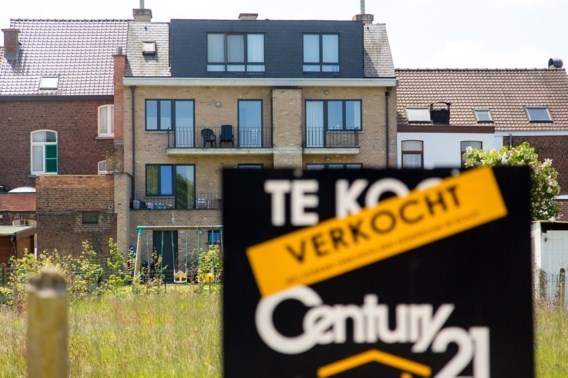In 2020-2021, 72% of Belgian households own their homes, according to a survey of household finances published by the National Bank of Belgium on 27 June.
This figure has risen by 3% compared to 2017 when the last survey was conducted. The data reveals (unsurprisingly) that single households or those made up of the unemployed, low-income, low-skilled or young people, are much less likely to own their own homes.
Testament to the wealth of Belgium’s middle-class, the survey suggests that some 18% of Belgian households own a second property, such as a holiday home or secondary residence, which they do not use as their main address. The median value of these second properties is €296,000, a 5% increase since 2017 (adjusting for inflation.)
A rise in Belgian fortunes
More than three-quarters of households in Belgium declare owning at least one vehicle. In the last 5 years, Belgian household finances have significantly improved. The median value of household financial assets has increased by 5% to €28,000.
98% of households have a bank account and the median value held within them has increased by 18%, to €14,000. The bank credits increased household savings on reduced consumption on some types of goods and services during the pandemic.
Related News
- Brussels faces post-pandemic 'social emergency' for employment
- 'Six months behind': The impact of Covid-19 on Belgian education
Despite increased wealth among Belgian households, debt has increased also. Almost half of the households surveyed by the National Bank of Belgium said that they had debt. Most of this debt is manageable but some risky debt situations remain visible, especially among poorer households.
These vulnerable, low-income households, were the worst affected by the pandemic. Lay-offs, illness, and quality of life deteriorated significantly for these groups.
The National Bank claims that inequalities in Belgian society had not worsened during the pandemic. Analysis by perspective.brussels has noted that the social divide in Brussels was particularly impacted, with factors such as the housing crisis and access to facilities widening the gap between rich and poor.

